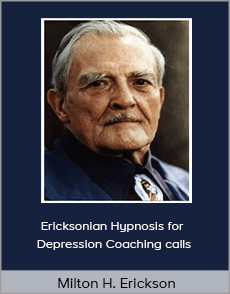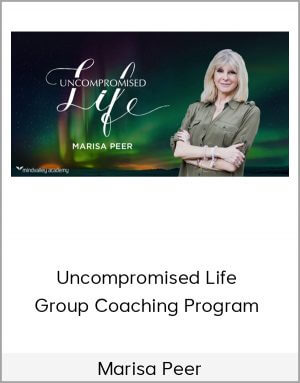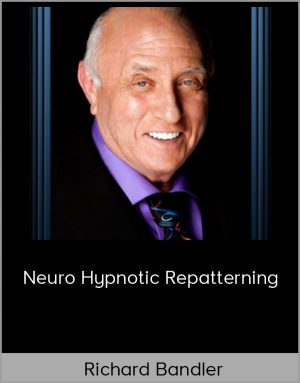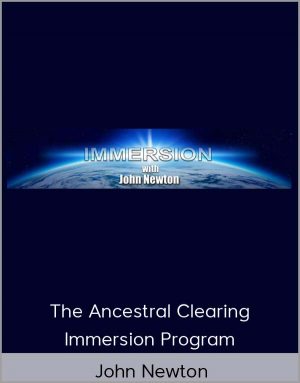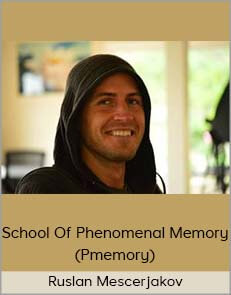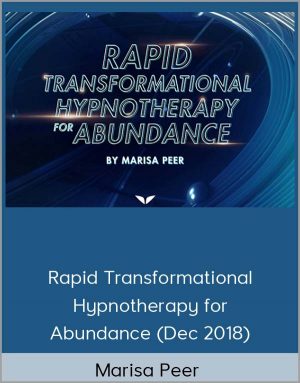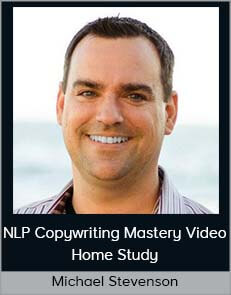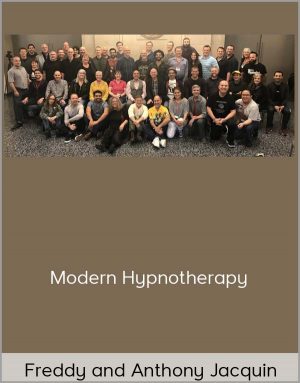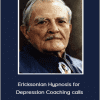Milton H. Erickson – Ericksonian Hypnosis for Depression Coaching calls
$20.00$79.00 (-75%)
“Most Ericksonian practitioners have adopted the concept of Utilization as the foundation for their practice. Yet many still discuss it from the perspective of what the practitioner does with the client.
Milton H. Erickson – Ericksonian Hypnosis for Depression Coaching calls
Check it out: Milton H. Erickson – Ericksonian Hypnosis for Depression Coaching calls
Make a difference with even your most severely depressed clients
- Get the “50,000 Foot View” of hypnotic treatment strategies so that you know what your client needs and how you can deliver it.
- Learn strategies that you can put to use immediately in your practice
and life - Expand your skills and your knowledge with the latest research on depression
- Learn how to add hypnotic strategies to your current treatment modality to improve your success rate
New Bonuses: Just Added!
Some rare and highly impactful presentations from our extensive library of presentations:
A Kaleidoscopic View of Utilization” by Helen Erickson, PhD
“Most Ericksonian practitioners have adopted the concept of Utilization as the foundation for their practice. Yet many still discuss it from the perspective of what the practitioner does with the client. An alternative perspective is that utilization is a way of thinking about the client. The first emphasizes the work of the therapist, the second emphasizes the client’s world view as a foundation for the therapist’s work. This presentation explores the relationship and implications for the two perspectives.”
Lifting Depression Video Case Demonstration with Rob McNeilly” See Ericksonian Hypnosis in action with Rob doing a session with someone who is “depressed.”
Gabrielle Peacock, MD: Starting In The Middle: Ericksonian Hypnosis For Psychosis
Several people asked whether hypnosis should or should not be used with people labeled “psychotic” or with other such labels. In this bonus presentation Gabrielle Peacock shares her experience of working with human beings with various levels of what she calls “a mastery at dissociation” and what the medical model might call psychosis, bipolar, or the dissociative spectrum disorders. Many of her strategies are useful with people labeled “depressed.”
